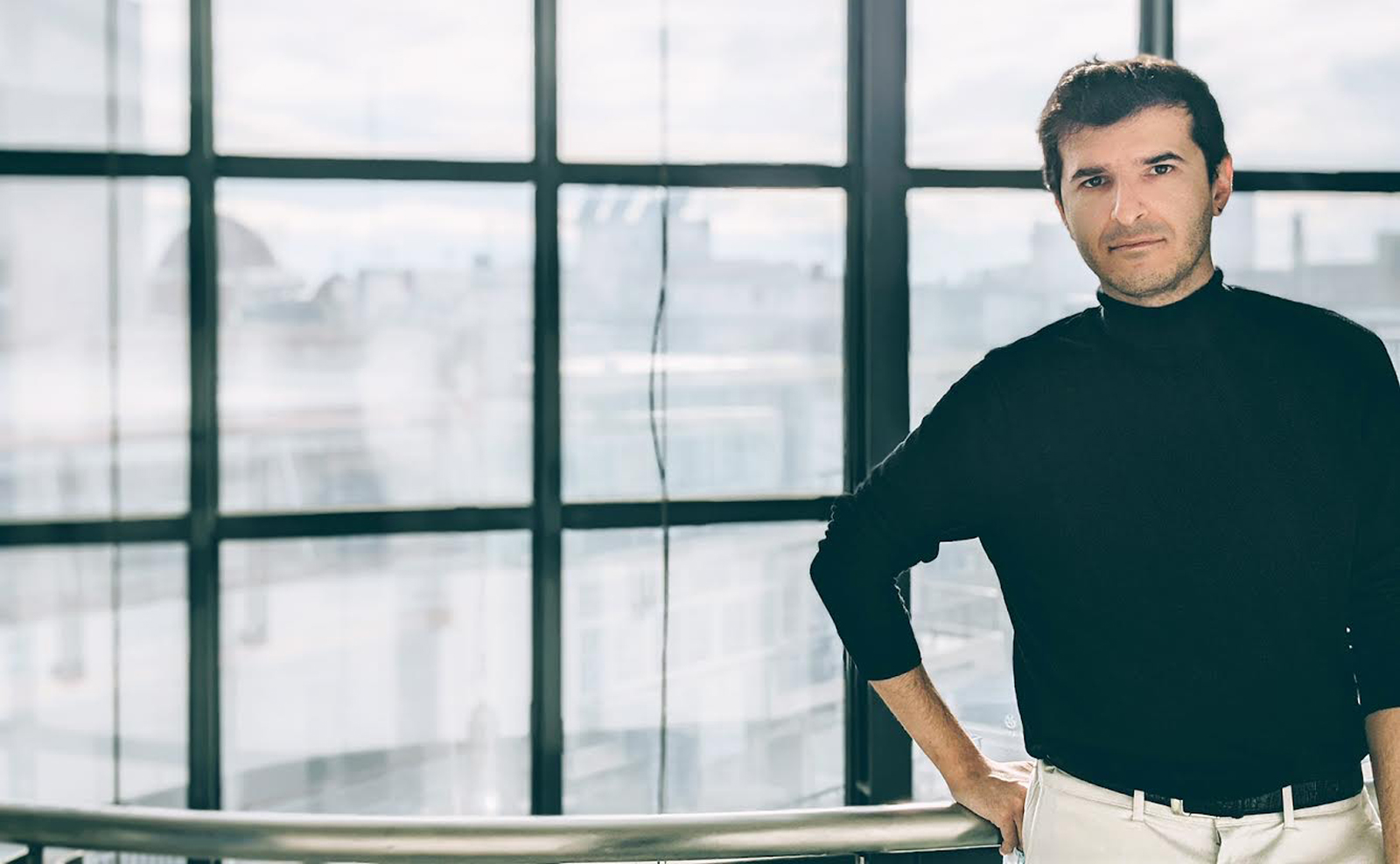Alexandros Haridis (Αλέξανδρος Χαρίδης) is a Greek architect and researcher of computation in its interface with architecture, design theory, art and digital technologies. He is currently Lecturer (full-time) at Harvard University (2023–), with primary affiliation with the John A. Paulson School of Engineering and Applied Sciences (Computer Science area) and joint affiliation with the Graduate School of Design. He earned a PhD and MSc in Architecture: Design and Computation (2022) and dual MSc in Computer Science (2017), all from the Massachusetts Institute of Technology, and a professional Diploma of Architect-Engineer from the Aristotle University of Thessaloniki in Greece.

His research investigates how architecture and allied design fields can reveal new avenues for understanding the nature and expanding the prospects of intelligent computing machines. Ongoing research examines the transformative role design-centered issues, such as spatial reasoning, value judgement, and creative imagination, can have for modern computing and AI systems. His research also aims to establish previously unknown connections between the work of mathematicians, computer scientists, architects, and artists primarily in the United States and Europe who, throughout the 20th century, sought to advance computation in art and design leading to today’s “creative” AI systems.
Published work appears in the peer-reviewed journals Environment and Planning B, Computers & Graphics, Journal of Mathematics and the Arts, and in the Design Computing and Cognition conference series, among other venues. Haridis has been supported by a number of fellowships and research grants from the MIT School of Architecture + Planning and the MIT Presidential Fellows Program, the Harvard Data Science Initiative, Biennial of Young Artists, and Onassis and A.G. Leventis Foundations, among others.
At MIT he was a member of the Computation Group in the MIT Department of Architecture, the MIT Computer Science and Artificial Intelligence Lab (CSAIL), and the MIT Digital Structures Group.
His professional and creative work is characterized by a diversity in scale, medium, and technique always interrogating the boundaries of his own work in relation to that of other disciplines. He has collaborated with designers, architects, engineers and entrepreneurs on a wide range of industry projects in the U.S. and in Europe, including residential and commercial buildings, private homes, urban regeneration and adaptive re-use, applications of AI technology in the built environment, and advanced computing for digital manufacturing. He has contributed to the design and construction of numerous exhibitions, pavilions, and physical prototypes internationally, some of which were showcased at the Venice Biennale of Architecture (2016/2023), the IASS Expo Pavilions (2015), the Biennial of Young Artists in Europe (2013), and the Benaki and Byzantine Culture Museums (2014). In addition to his academic and professional experience, Alex pursues artistic work with his primary medium being electronic music sound. He is self-trained in computer music technology which he uses since 2009 in the composition, production and performance of electronic music.
Collaboration Inquiries / Prospective Students:
I am available for collaboration on research projects, thesis supervision, creative projects, and industry consulting.
Students at Harvard: Please reach out using my harvard.edu address. Specify the reason for our meeting in the subject line and include a brief description of your background in the main email body.
Book Office Hours with me: Office Hours